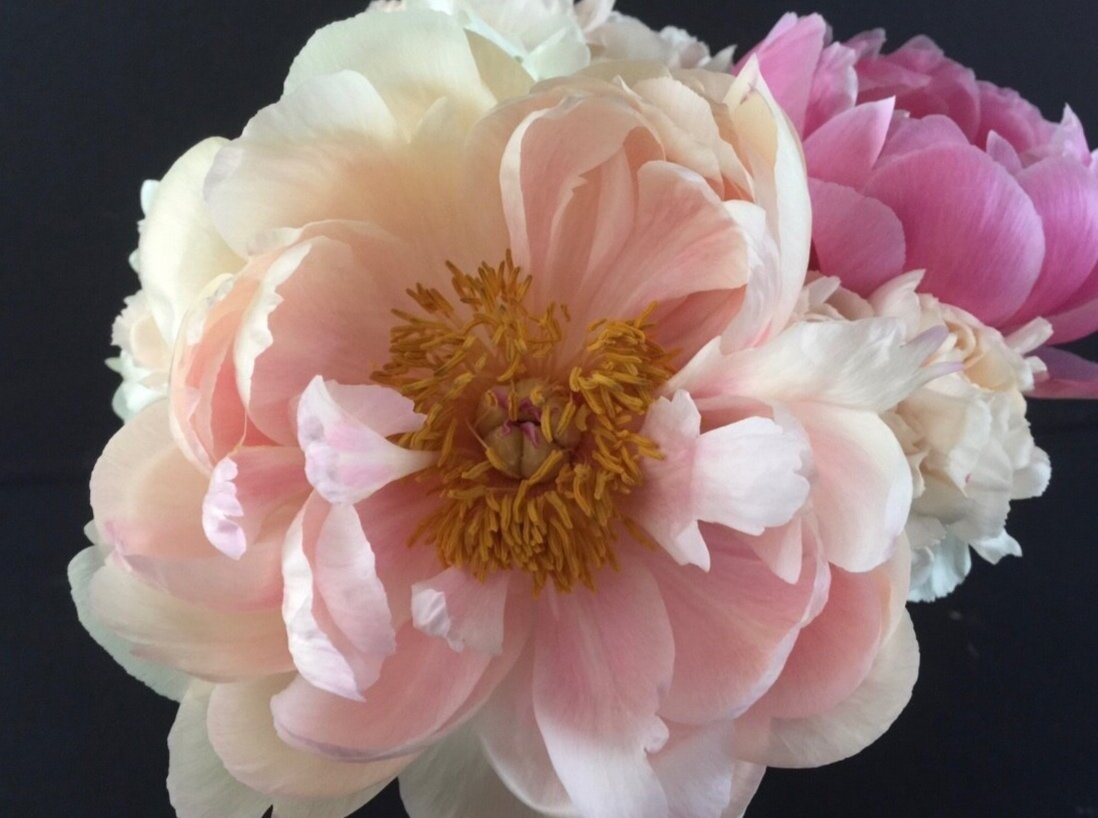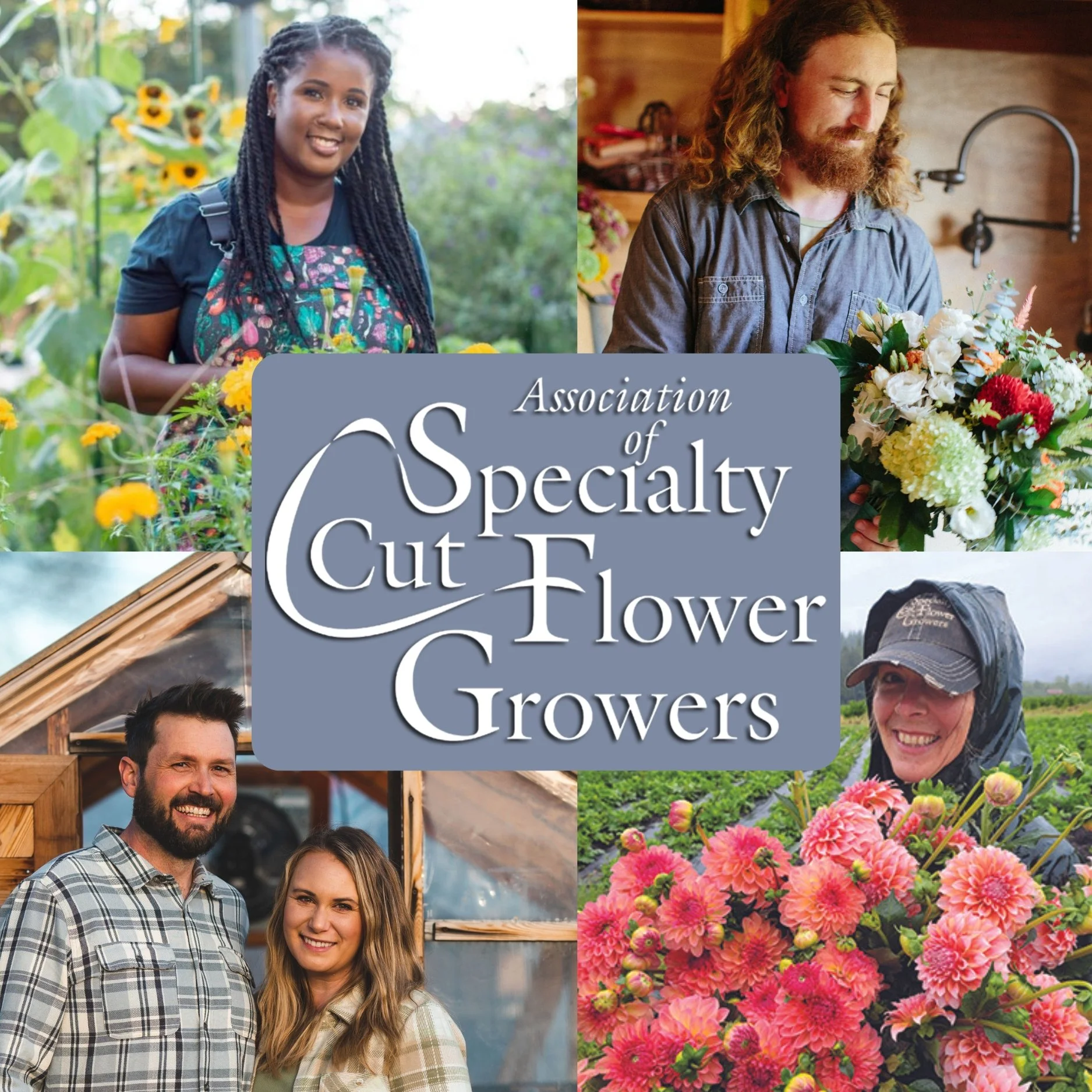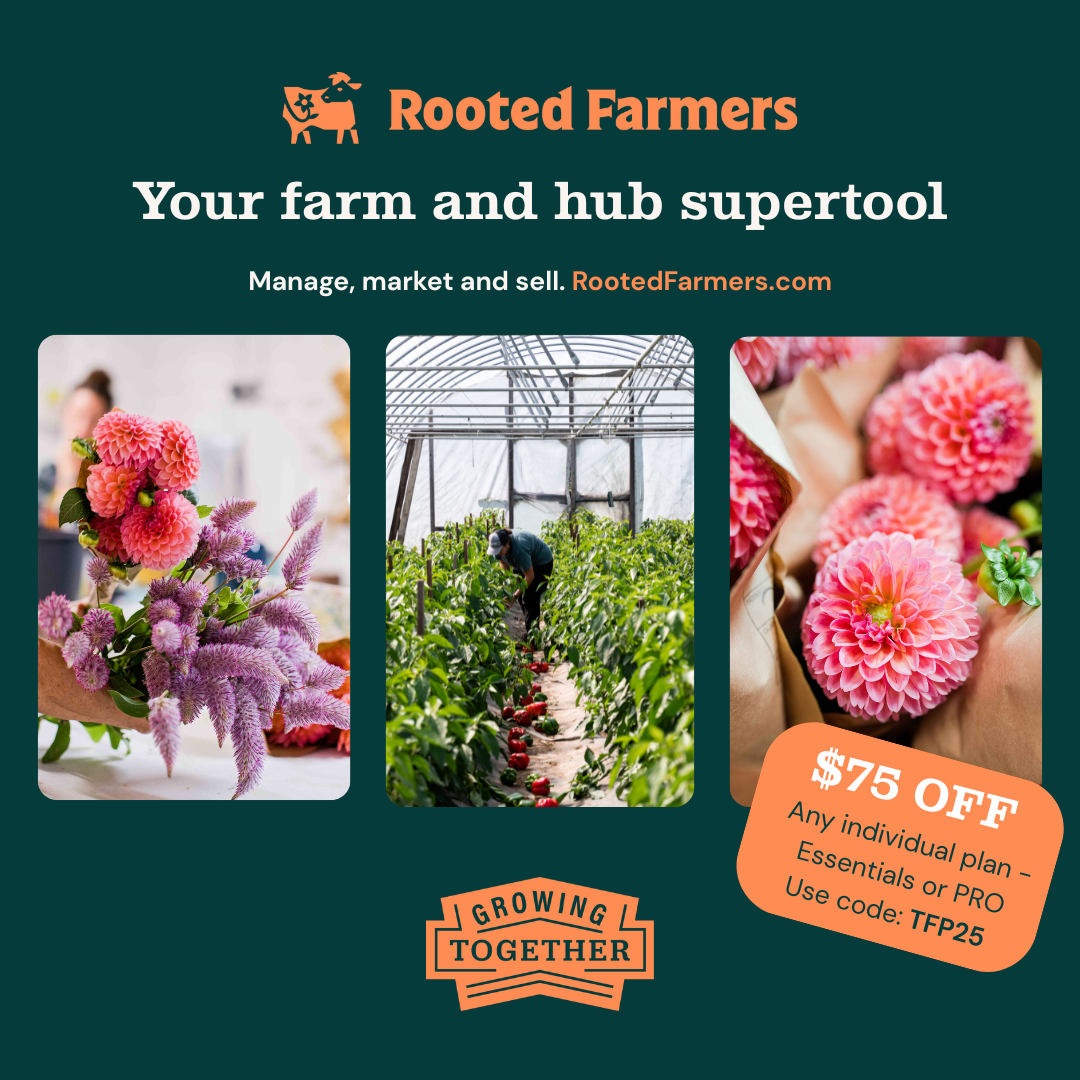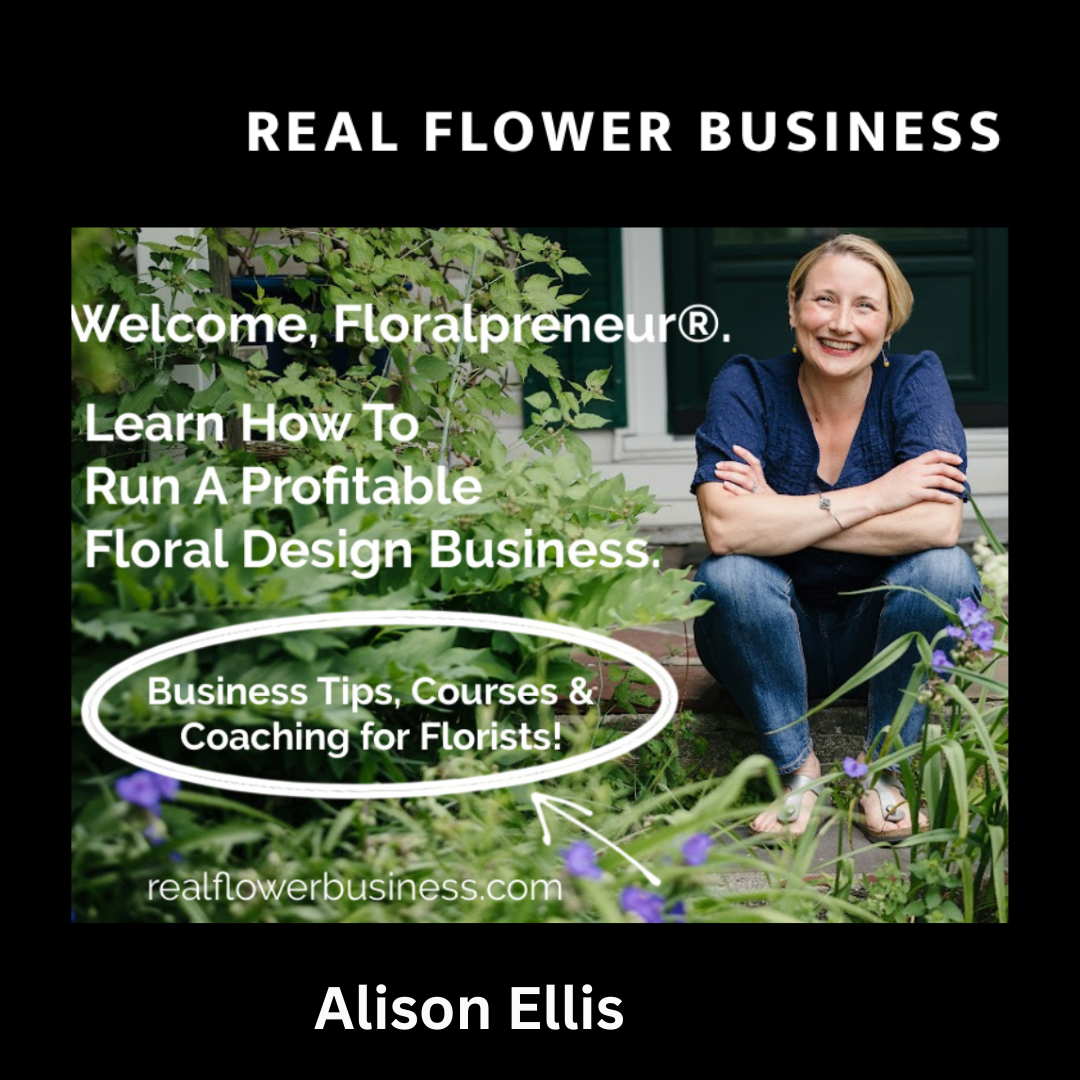Rick Grazzini
Garden Genetics®
Rick is a plant fiend who truly gets no greater joy than examining a tray of seedlings and seeing the results of his breeding projects. He’s a geneticist and plant breeder by education, training, and experience and started GardenGenetics® in 2006 with proceeds from the sale of a previous business, an analytical research chemistry lab that served the crop protection and pharmaceutical industries.
He finds that it’s more fun to work with plants. Today, in addition to developing new plant varieties through GardenGenetics®, Rick and his colleagues fuse their knowledge of plant breeding, genetics, and chemistry to improve natural products derived from plants, and used in markets such as colorants, dietary supplements, flavors, fragrances, medicinals, nutraceuticals, and pharmaceuticals.
GardenGenetics® is Rick’s fifth startup, and he brings over 30+ years of small business practice and experience to the table with every partnership and relationship. He serves as an adjunct professor at Penn State University, offering seminars on the entrepreneurial life, business startups, contract research in the life sciences, and small business management.
rudbeckia MiniBeckiaTM Flame
Show Notes
When saving seed there’s actually a lot of rules for selling them, however if you’re saving them for yourselves remember to store most seed cold and dry. There’s lots of distinctions between species when storing and saving seeds so be sure to do your research.
When buying seed make sure you’re buying them from a reliable source. Remember questions like how do they produce their seed? Are they registered in their state for producing and selling seed? How were the plants pollinated?
When saving seed, remember that the plants will always drift towards their dominant characteristics. It may take years to find seed that will come true every time or you may need to rely on vegetative propagation for certain plants.
If you choose to buy from non-commercial producers of seed, just know that you might not always have the success you expected or hoped. But sometimes when you find a unique flower or plant it may be worth the risk.
Experimental Digitalis
Experimental Burgundy Fennel
Experimental Caryopteris.
Seed Producing Tips from Rick
- How did you produce the seed?
- Are you registered in your state to produce and sell seed? (there ARE rules)
- Is it uniform and true-to-type? How do you know?
- When did you last test the germination?
- Is the seed tested to be free of relevant pests, pathogens, or weed seeds?
- Did you sanitize the seed? How, and with what?
- Are you registered in your state to produce and sell seed? (there ARE rules)
- How isolated was your seed-producing crop from other related crops? (again, there are rules about this, as well as seed industry guidelines)
- Was the seed crop wind- or insect- or hand-pollinated?
- Was the seed crop produced in isolation? By how much?











